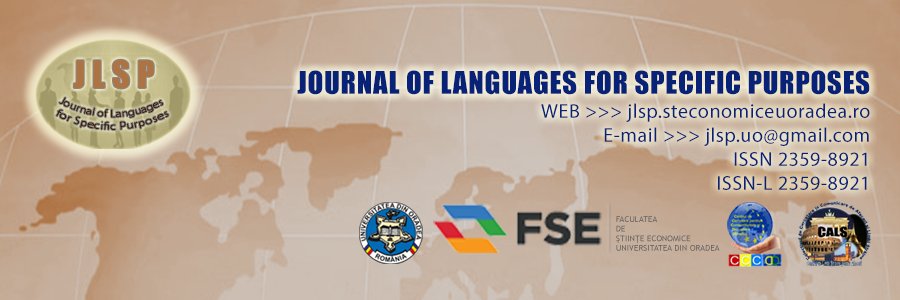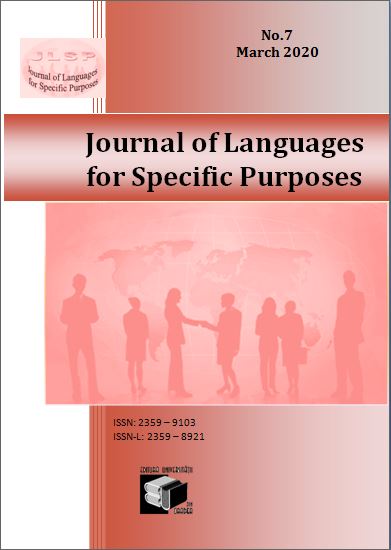Remedies For Breach Of Arbitration Agreement
This article sets out the remedies that are available when a party may commence legal proceedings, notwithstanding the existence of a valid arbitration agreement. It focuses in particular on the United States, Great Britain and Switzerland. Where proceedings are threatened or brought before a district court which may invoke the jurisdiction of the case and which refuse to refer the parties to arbitration proceedings, a remedy available in common law courts is to require an arbitral tribunal or arbitrator to make a summary performance against the remedies. The authors also take a closer look at the power of an arbitral tribunal to award damages for breach of an arbitration agreement and discuss several recent cases of the Swiss Federal Court that allow this remedy. An arbitration agreement is proof that the parties have agreed to settle the dispute through arbitration and that the consent, once valid, cannot be revoked unilaterally. In addition, the obligation to conciliate is independent and severable from the main contract. Where a party breaches this agreement by seeking to resolve the dispute through the courts, national and international remedies are available to enforce the search obligation, as demonstrated in the arbitration agreement. The Hong Kong High Court of Giorgio Armani SpA v Elan Clothes Co Ltd [2019] HKCFI 530 upheld its power to grant anti-recourse remedies where foreign proceedings have been initiated in breach of an arbitration clause. The case was discussed by Edward Liu, legal director, and Geoffrey Lai, partner, of Hill Dickinson Hong Kong. This work focuses on exploring the options available to the innocent party when the injuring party initiates a dispute in violation of the arbitration agreement. In this scenario, the main contribution is to demonstrate that the innocent party should be able to make a claim for financial legal protection to the arbitral tribunal, either in the form of damages or compensation against any judgment that may have been rendered in the parallel dispute. In addition, the claim for damages falls within the jurisdiction of the arbitral tribunal, since it is covered by the arbitration agreement. Not stated in Cavity Insulation Guarantee Agency Ltd v Thermabead Ltd, 2019, Roger ter Haar QC, who sat as an associate justice of the Supreme Court, was faced with an arbitration clause contained in the rules of an association and intended to deal with disputes between members of the association and their clients.
For the Tribunal, the question arose as to whether the clause also applied to disputes between the association and its members. Andrew Baker J`s decision in Daelim Corporation v Bonita Co Ltd [2020] EWHC 697 (Comm) is the best illustration of an attempt to convince the English court to go beyond what is permitted under section 44(3) of the Arbitration Act 1996 with respect to the use of asset retention powers up to arbitration. There is no doubt that the forum where the parties negotiate their dispute will influence the outcome of the case. Thus, being obliged to continue in a non-contractual forum if the parties have expressly agreed to resolve their disputes through arbitration – with arbitration rules, conflict rules, etc. . . .





